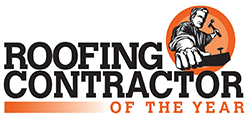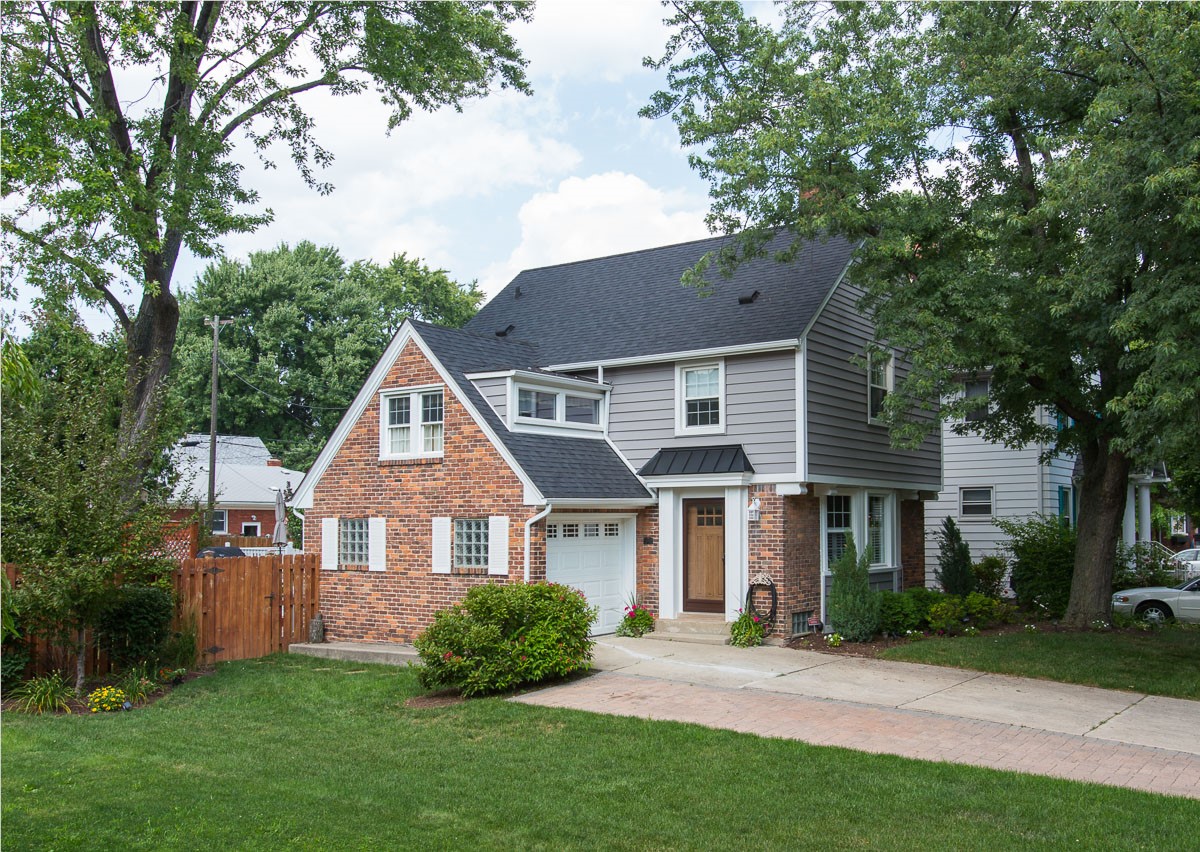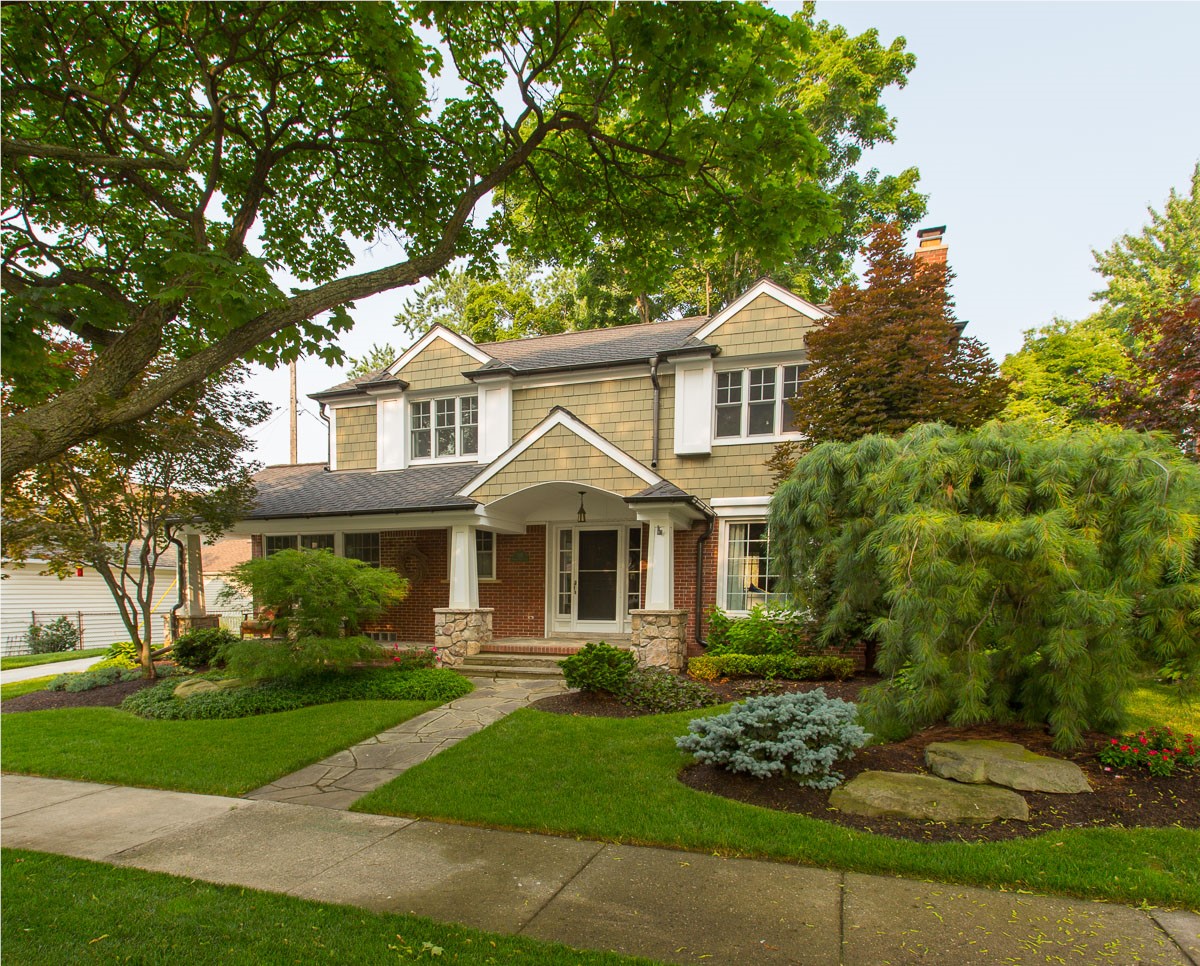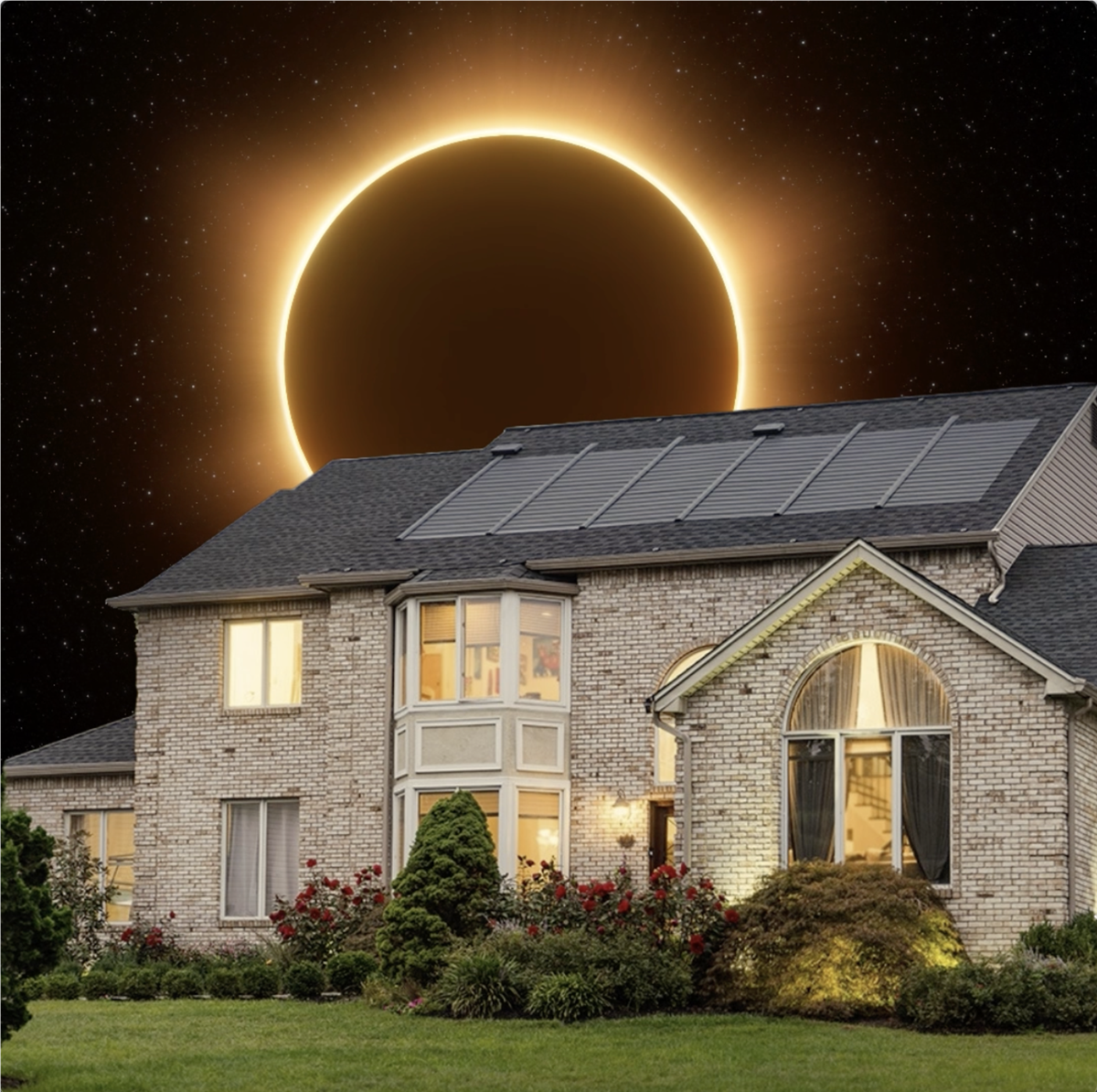Investing in products to help keep the lights on is a great upgrade to your property. What should you introduce first? Are there redundancies in adding solar panels and a generator?
The team at Feazel is here to answer homeowners' questions. We’re happy to answer any other solar questions during a consultation for solar panels on your home.
Solar vs Generator
Adding either solar panels or a generator to your home can provide many different benefits. But what is better for you?
Pros of Solar
This all depends on what you hope to accomplish by adding either product to your home. Are you looking to create renewable energy, lessen your reliance on fossil fuels? Then installing solar would be a great fit.
One important caveat to solar is that there are battery storage systems that can be used to store electricity. Those clear sunny summer days will allow you to store energy to use at a later time.
However, it is important to note that solar may run into lower production during non-peak months. If your home experiences long periods of cloudiness, it may be difficult for the solar to produce electricity to keep up with energy consumption.
Pros of Generators
Did you lose power for an extended period of time due to severe weather like blown down trees or severe ice storms? Are you looking to eliminate lengthy power outages? Then adding a whole house generator would be our recommendation.
Homeowners should ask themselves if they have experienced frequent prolonged periods without electricity. Additionally, think how important it is to have a solution if faced with a period without electricity to help answer which product to install first.
Can You Have Solar Panels and a Generator?
Absolutely, you can have solar panels installed and a whole house generator installed too. Installing solar panels does not keep the electricity on unless you have a back-up battery system. They help you save money on your electric long term.
If you choose to have solar panels and a generator, this is what you can expect. Your rooftop solar system will generate electricity and sell excess back if you have net-metering. This will help reduce your electricity bills.
Suppose a strong windstorm hits your area and knocks down trees and electric poles. Your solar panels will not be generating solar power during this outage.
This is when your whole house generator kicks on and acts as a power source for your home. They typically run on propane or natural gas and provide power generation during the weather event. Your whole house generator automatically powers down when the electricity is restored.
Both products have entirely different end results, and they work independently of one another.
Do You Need a Generator if You Have Solar Panels?
No, you do not need to have a generator if you have solar panels, but it all depends on why you want it. Having a generator and solar panels are not similar products. There are many adjacencies between them, but homeowners do not need to have both to work independently either.
Are Solar Panels Better Than Generators?
Comparing solar panels to standby generators isn’t a fair comparison. Both products have pros and cons, and it all depends on what you need each product to do.
That said, solar energy production systems with backup batteries are a developing technology that improves year over year. These improvements make it easier for homeowners to power their homes using green energy and charge their vehicles.
Whole house generators do not require multiple batteries to power systems, they are typically out in the yard and attach to your electrical panel. They do run off fossil fuels which can increase your gas or propane bill if your generator runs for several days on end.
At the end of the day, having both isn’t a bad idea. There will be times when your generator does not receive any usage. If there is no severe and damaging weather, no major ice and snow events means there are no power outages.
Further, a small portable generator can power certain parts of your home in lieu of getting a whole home generator. Portable generators run on gas, propane, or natural gas.
Generators are a product that you wish you had when the weather goes bad. Think of it as the ace in the hole for future inclement weather. There is nothing more comforting than hearing your generator fire up during a weather event.
Your solar panels harvest sun power every day. Cloudy and rainy days still harvest energy. Snowy days, still harvesting energy. If you happen to live in a very sunny climate, your whole house solar will produce plenty of energy.
Even areas of the country that receive moderate clouds benefit from solar panels. Spring, summer, and fall can generate ample solar energy to keep your electric bills low.
What Factors Should I Consider When Looking to Purchase Solar Panels?
Is your property suitable for solar panels?
The biggest factor is if your roof (or yard) receives ample sunlight to generate solar energy. South facing is preferred, but strategic positioning on the east and west facing slopes of your roof can still generate solar power. Heavy tree cover or in the shadows of a neighboring home can negatively impact the ability to generate energy.
Cost vs. Savings
Adding solar isn’t cheap but with tax breaks and financing options you may find yourself with a payment that is lower than your standard electric bill. Factor in the ever-increasing price of energy and it may make sense to add solar panels.
How can you figure out the cost vs savings? Create a spreadsheet and use the average increase as reported by the U.S. Energy Information Administration (EIA) to factor out what your electric bill will look like in the next 10-25 years.
The nationwide average will differ from the state increase. Some states have much higher increases year over year. Nationally, you can expect an annual increase of 2.36% for your electricity.
Do You Need a New Roof to Add Solar Panels?
Feazel has you covered as we provide two varieties of solar for your home. The GAF Solar Shingles are a perfect fit if you need to replace your roof. GAF Solar Shingles are warranted as a roof shingle and a solar panel. They do not require a rack mount system on your roof.
We’d recommend rack mount solar panels if your roof is in good condition. These are attached via a racking system that holds the panels in place.
What Happens to my Solar Panels if I Sell My Home?
Packing up solar panels to bring to your new home isn’t practical. Not to mention, it can add up. That said, it isn’t impossible to move them. You will have to weigh the cost of moving them, in addition, a site survey of your new home will have to be completed to see if the new house is suitable for solar.
The upside is solar can raise the value of your existing home. According to a study at Rocket Homes, homes with solar spend 13% less time on the market and sell for above asking 24% of the time. Not to mention 65% of homeowners are interested in adding solar.
Rack mounted solar panels can be detached from your roof and moved to a new location. It is important to note that you’ll need a site survey for your new property to ensure that the new home gets enough sunlight. Not to mention the cost incurred removing, moving, and reinstalling it may be best to add new panels to your new home.
Working With a Roofer to Install Solar Panels
Partnering with Feazel for your solar panel installation carries many benefits. We understand roofs and how to install solar panels without compromising the integrity of your roof. We’ve won many industry awards for our roof installation practices. We would be happy to conduct a site survey of your home to see how you can benefit from using our solar company to achieve your goals.
Our solar solutions aren’t limited to rooftop solar panels either. We are proud to carry the new GAF Timberline Solar Shingle which replaces your roof with the world’s first nailable solar shingle. Contact us today for a free roof inspection of your home. We’ll help determine the best product for your roof!
Tags
Subscribe to Feazel's Blog




Comments